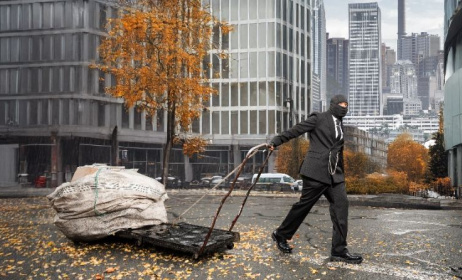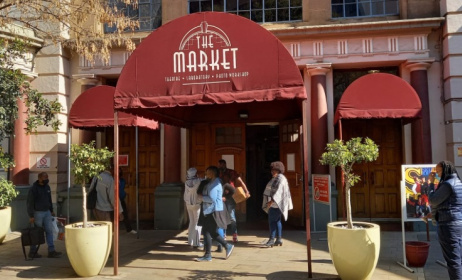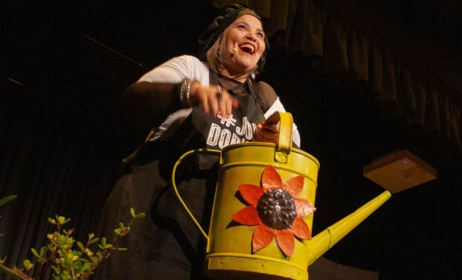The evolving landscape of creative entrepreneurship in South Africa
By Zanele Madiba
For far too long, the arts in South Africa have been viewed as mere passion projects, admired for their cultural value but rarely seen as a viable means of earning a living. Creativity has been confined to a hobby supported by grants and patronage. However, today, a revolution is unfolding in South Africa. Emerging artists are redefining creative work and transforming it into a legitimate, sustainable career path that merges artistry with entrepreneurship.
 BASA programmes manager Zanele Madiba.
BASA programmes manager Zanele Madiba.
I have witnessed this shift first-hand through my work with the BASA Debut Programme. The young creatives we engage are not merely storytellers; they are entrepreneurs, innovators, and brand architects. In a country burdened by high youth unemployment and economic stagnation, they are rejecting the notion of “art for art’s sake” and are instead forging new models to monetise their talents in meaningful and sustainable ways.
This evolution is supported by statistics indicating a growing recognition of the economic value of the cultural and creative industries (CCI). Before COVID-19, South Africa’s CCI Masterplan revealed that the sector contributed 5.2% to GDP, competing with some of the country’s more traditional industries. In an economy grappling with sluggish growth and a high youth unemployment rate, this represents a substantial contribution, demonstrating that the creative industries aren’t merely a footnote but a critical lifeline.
Programmes such as Debut help to bridge the gap between business and the arts by equipping emerging creatives with skills often overlooked in traditional arts training, like financial literacy, marketing, grant writing and pitching. By harnessing these skills, they can formalise their work, build sustainable ventures, and claim their place in the market.
However, serious challenges persist. Many artists, especially in rural and peri-urban areas, continue to operate on the fringes of the informal economy, lacking access to funding, workspaces, and digital infrastructure. These systemic barriers make it much harder to scale or formalise ventures. The COVID-19 pandemic deepened these vulnerabilities, exposing how quickly gigs can dry up without long-term institutional support.
Despite these challenges, the tide is turning. The creative sector is no longer on the margins; it is becoming central to how we conceive of work, innovation, and the future of creative entrepreneurship in South Africa. Online platforms such as TikTok, YouTube, Spotify, and Instagram have lowered barriers to entry, allowing artists direct access to their audiences on their own terms. The rise of the creator economy, facilitated by these digital channels, is gradually dismantling outdated structures and replacing gatekeepers.
South Africa’s future economy cannot rely solely on mining and manufacturing. It will also be shaped by creatives, those who understand culture and commerce. Programmes like Debut prove that with targeted investment not just in funding, but also in resources, mentorship, and networking, the potential of our creative entrepreneurs is limitless.
The sector isn’t asking for handouts. Artists’ marches across the country demonstrate the industry’s demand for recognition as the economic force it already is. By empowering creatives, we don’t simply enrich culture; we also fuel the economy and innovation, for when creativity thrives, so too does the country.
Zanele Madiba is the programmes manager at Business Arts South Africa. The opinions and views expressed herein are solely her own and do not reflect the position or stance of the publication.































Comments
Log in or register to post comments